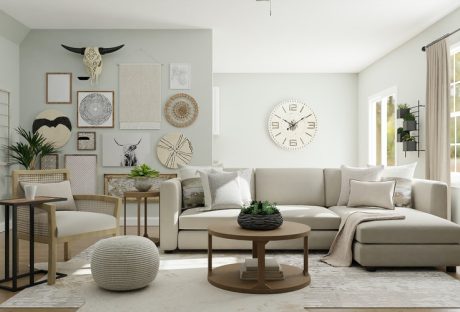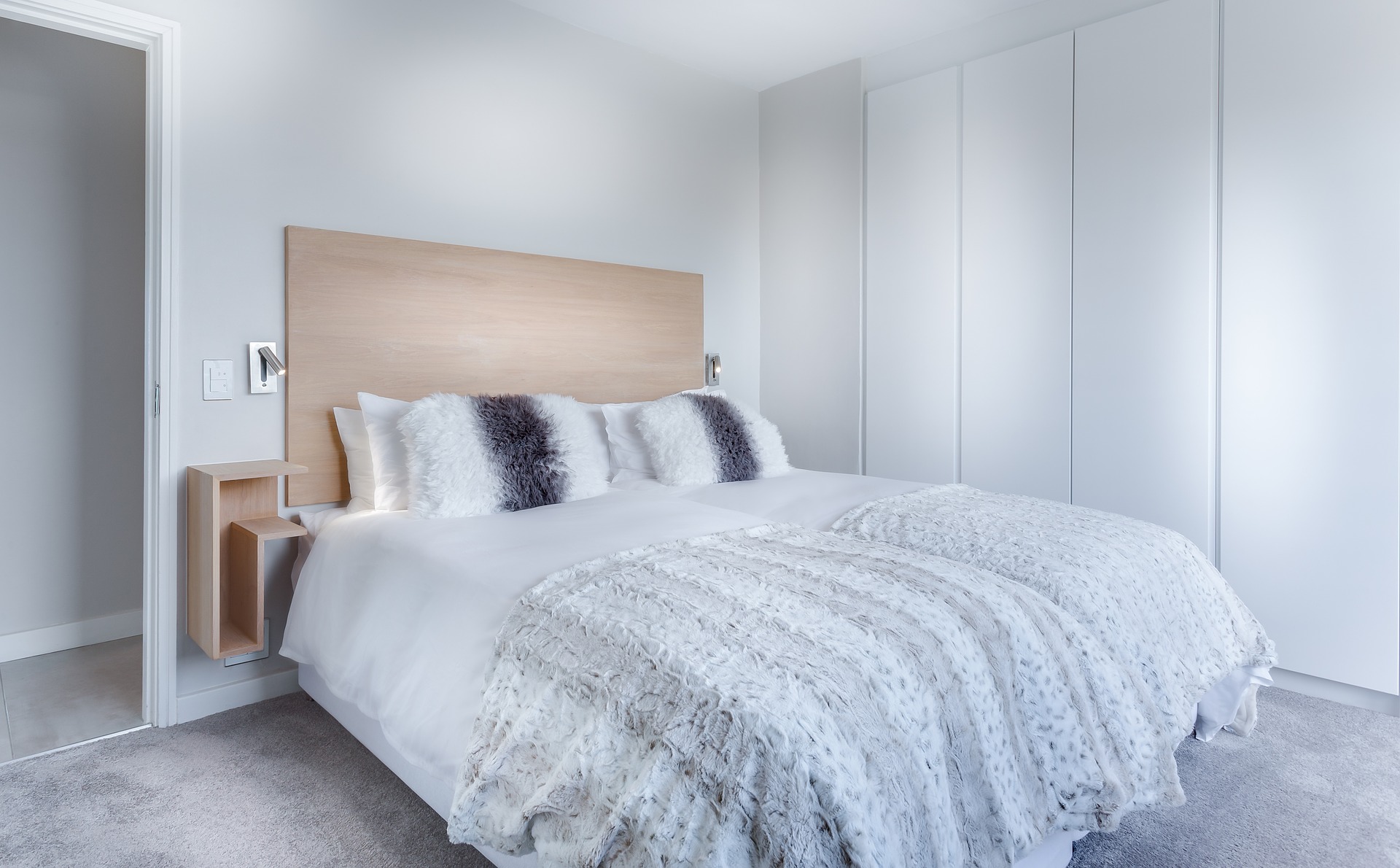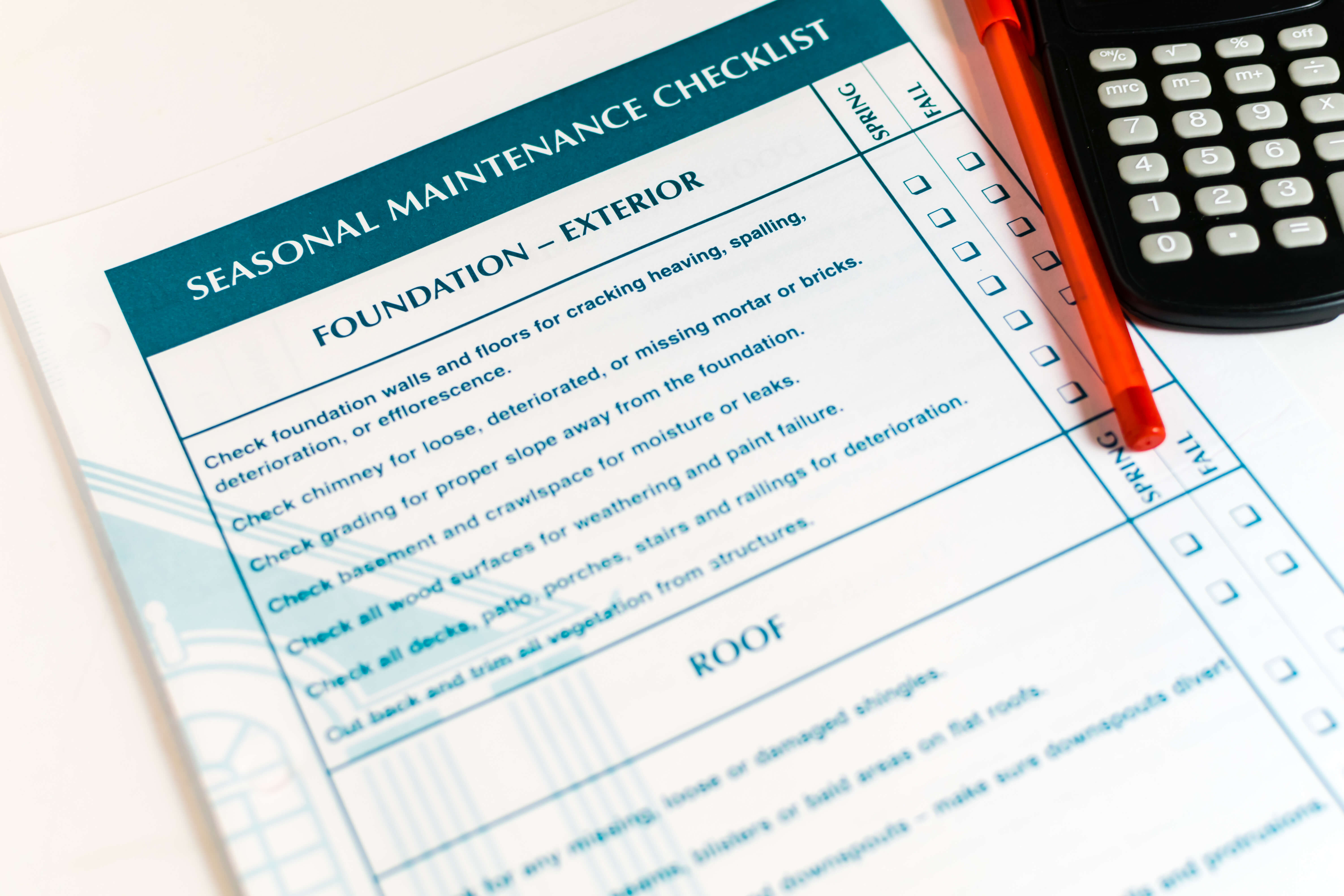Home maintenance is not only a common subject of debate in married life, but it’s also a widely disputed chore that not everyone believes is necessary. But the fact of the matter is that home maintenance is actually much more important than you might think.
5 Ways A Home Maintenance Plan Can Prevent Disaster
Here are a few ways home maintenance (or the lack thereof) can affect you:
1. Maintains The Value Of Your Home :
Of course, this isn’t a major perk on its own but if you take into consideration that neglecting regular home maintenance can drastically decrease the value of your home, you may start to realize that it’s worth a second thought.
How does home maintenance really help?
Neglected homes can easily depreciate in value as a result of structural damage, hefty unattended repairs, and really any types of damage sprouting from long-term negligence.
Small things can easily amount to a huge amount of damage which in turn will definitely negatively impact the value of your home.
Because the more money has to go into a home to bring it up to standard or up to date the less it is worth.
Say you suddenly had to sell your home, would you want to have a to-do list as long as a novel or could you get away with a few hundred dollars worth of upgrades in the short amount of time you had?
That’s when your home value really matters.
2. Mitigates Potential Repair Costs :
When you stop doing regular maintenance on your car like replacing the filters, checking the oil, replacing brakes, etc. your car will start to break down and worse, it could cause an accident.
In the same way, if you stop taking care of your home it will start to fall apart on you.
If for example, you neglect your home’s gutters the water will gather and leak into the seams of your home, over time that can cause serious water damage which can actually lead to structural damage as well.
The damage that could have been prevented by simply cleaning out and inspecting your gutters and downspouts once or twice a month.
Home maintenance is a cost-effective way to prevent the pricey, invasive, inconvenient and down-right frustrating situations that can develop if your isn’t properly cared for.
3. Improves Your Home’s Security :
Safety is something we don’t generally associate with home maintenance, but that is one of the primary reasons why it’s so important to do it.
Home maintenance and upkeep can help keep your family safe in various ways, not only is your home in itself a protection against the elements and other dangers but if it isn’t maintained your home can become a real danger.
A child could fall from a fault in the stairs or holes in the floor.
Neglecting to replace or repair a broken balustrade could cause serious injury or death.
You should also address potential fire hazards, inspect for electrical faults, make sure the smoke detectors and extinguishers are working correctly.
If you trim dead tree branches they won’t be able to rot off and fall on the house or the car or a person, child or pet.
Investing time and a little money in regular home maintenance can help you to avoid potentially dangerous and disastrous situations.
4. Prevents Infestations :
Pests can move in so quickly, and before you know it you could have a nasty infestation on your hands.
At best, pests are inconvenient and at worst, they pose a serious health risk to you and your family.
Cockroaches aggravate asthma and allergies and like rats and mice, carry an insane amount of deadly bacteria that can cause diseases that are fatal to humans.
Even though anything can happen and some infestations can and should only be handled in a humane way, by trained professionals, for the most part, this could be prevented by a few simple home upkeep and maintenance strategies.
Keeping food in sealed containers can prevent anything from cockroaches to raccoons and squirrels and yes, rats.
Maintaining your home’s roof and carpentry by ensuring that there aren’t any holes or weak spots can prevent pests from entering your home and nesting in your basement or attic.
Trimming trees can also help minimize the potential for rodents to gain access to your roof.
Clutter can also be extremely inviting to a variety of critters to make nests in, so be proactive by regularly ridding your home and yard of clutter.
5. Improves Your Family’s Health :
It may seem like a bit of a stretch to attribute a significant portion of your family’s health to the maintenance of your home, but in reality, it’s anything but.
Your environment absolutely affects your health.
We need proper ventilation in order to maintain an adequate amount of oxygen circulating in our bodies, which is why it’s important for the air conditioning and windows to be in optimal condition,
Extreme temperatures can exacerbate countless medical conditions, therefore your home’s temperature control needs to be maintained so that it doesn’t decide to quit on you in the middle of the icy winter. (when else would it decide to quit?).
Conclusion
If there are pests or vegetation that aggravate your child’s allergies or sinuses then that has to be kept under control. Of course, having good quality water is just as important to the health of any living creature.
Not to mention a home that is practically falling apart will dramatically affect the stress levels in your home and stress in itself is a massive health risk, accounting for 60% of all human illnesses and diseases.
Homes are meant to be a safe, secure and relaxing environment for your family and their health and a few small tweaks to your home maintenance plan can ensure that it stays that way.
Read Also :






















